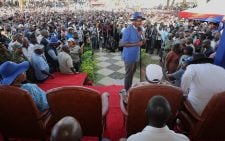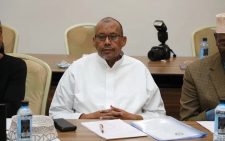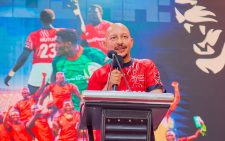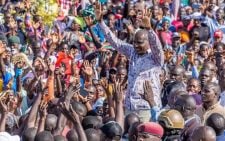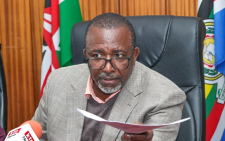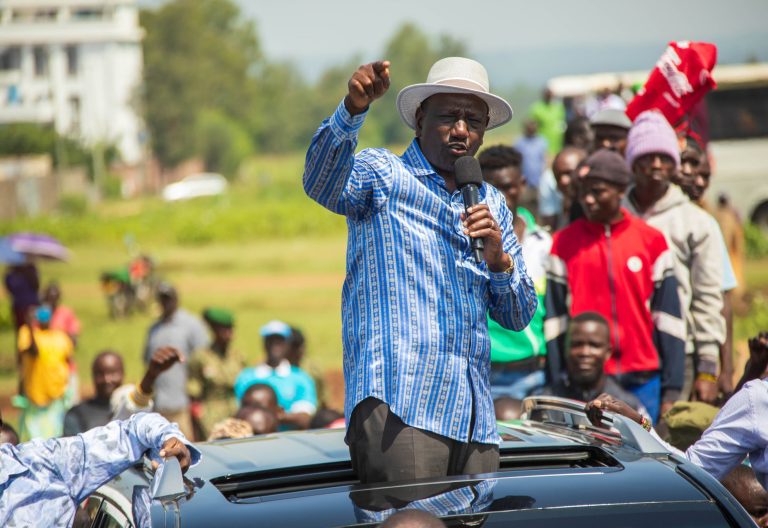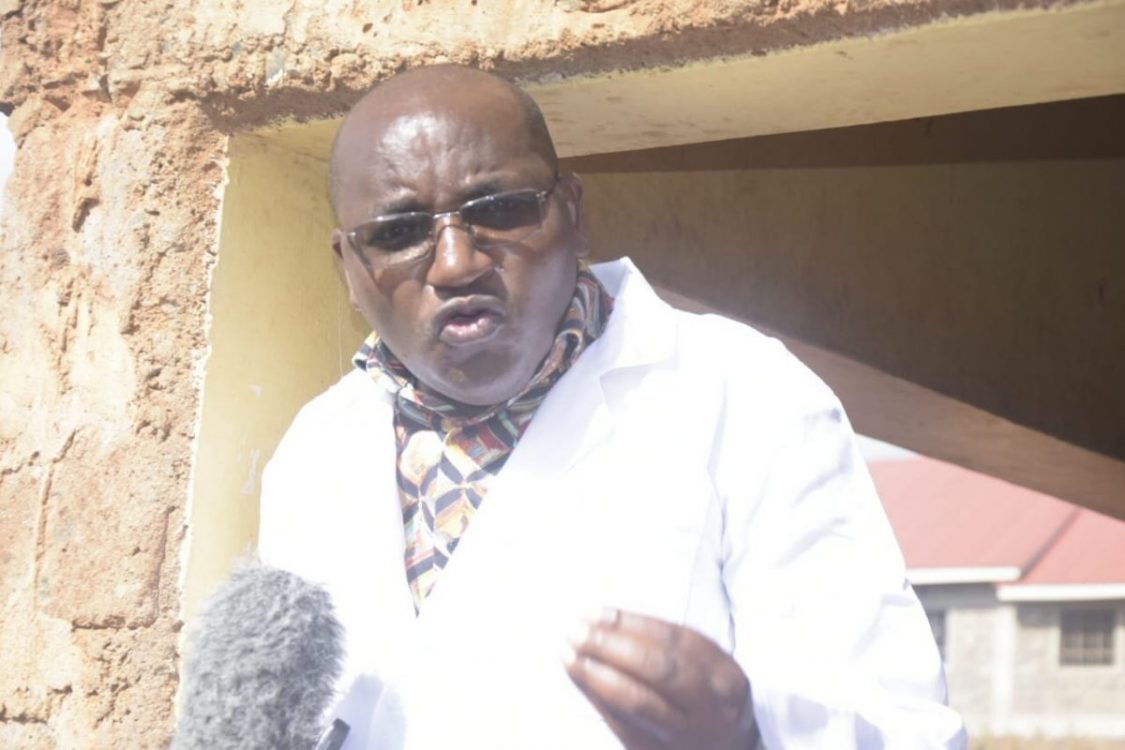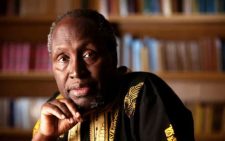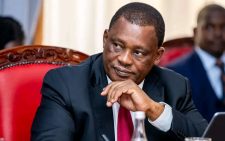Police using disinformation to frustrate dissent

Last week’s gaffe by the DCI does not only speak of the current information disorder that bedevils the society, but also the length to which the establishment will go to perpetuate mal-information and disinformation and a system that frustrates dissent.
Well, it is common knowledge that there was mass action by some Kenyans. Well, the Constitution guarantees citizens sovereign power and they can exercise it either through elected leaders and institutions or directly. Mass action, picketing and presentations of petitions constitute direct expression of the people’s will. In fact, the coverage of the mass action was so robust that one publisher’s public editor paid glowing tribute to media and specifically one journalist’s robust and contextualised coverage of the events.
Back to the DCI. The use of old images to blow out the reality; the grand scheme to victimise and intimidate Kenyans expressing their sovereign will simply slide the good public office to the sloppy terrain of making any information originating from the directorate contestable. With the dearth of credibility in how the office is handling important public issues, the ground is set for contestations going forward. Thanks to the media for strongly coming out to protect the public information system and calling out the DCI for trying to manipulate the public with an agenda of frustrating dissent.
The common thread in most of these happenings seems to be the systemic strategy to frustrate dissent through a multi-prong approach. First, bastardise the call for mas action and do anything to make it violent, including provoking peaceful Kenyans expressing dissent. The fear of allowing peaceful and constructive dissent is not in what Azimio supporters will do or say, but what the real hustlers will voice in these grand marches. Any peaceful procession will allow the real hustlers to condemn this administration for dishonouring its promises to Kenyans. The establishment cannot allow the green grocers to embarrass it by stating publicly how they were led to believe that they would have a government of ordinary man. The second ploy is to emasculate opposition. Get all Opposition MPs to speak the language of development and trivialise mass action as a lost cause with utmost intimidation of the public. And while at it, parade with top leadership in hotels and high places. Unfortunately, for these opposition leaders, majority of who lost elections, Kenyans can read the politics of self-preservation.
Individuals who until recently were struggling to be at the forefront in photos with Raila Odinga are now taking every opportunity to be seen with the President. You can forgive the ones who lost the elections because they are hungry and angry and any crumble from the table of power at the expense of hustlers will do. They will go to great lengths to travel everywhere the President goes and line up for photos, which they post on social media with tag lines like politics of development for this or that region. This is not new in our body polity. The settlers used the media to perpetuate settler ideals and frustrate dissent, and their objective then was to frustrate the liberation gospel and the fight for nationhood. Today, the manipulation of the public information system, the use of manipulated social media content and co-opting of any voice that would offer divergent opinion is poised to build a political hegemony whose agenda has little to do with mama mboga as it were.
A progressive regime should and cannot be apprehensive of diversity of ideas and the media’s role to supply content from a plurality of sources given that even if the media relies on limited sources of content, public interest in coverage of rivalry will promote a culture of dissent which is healthy for democracy. One thing is clear, the more leaders get sucked into the Hustlers’ administration, the more people will troop to the streets and as a citizenry we may want to reimagine how to exercise our sovereign power through peaceful and constructive dissent.
—Hansen Owilla is a PhD candidate in political communication


